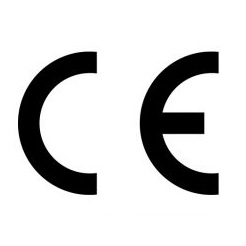
UNI 10854 hygiene certification
The HACCP certification promotes the integration of self-control systems for hygiene and sanitation with the ISO 9001 quality certification standard.
The service offers organisations reliable control over production processes, also in compliance with the latest national and EU regulations.
Service Details
UNI 10854 requires the food market organisations to control the hygiene of foodstuffs so as to prevent any risk of impairment of quality, characteristics and hygiene.
The organisation implementing a HACCP self-monitoring plan improves its image on the market by announcing its commitment to the management and prevention of health hazards.
The certification, provided by a third-party body, identifies critical points of the production process and defines criteria for preventing, reducing or eliminating potential risks.
Certification Procedure
- Compilation of the information questionnaire
- submission of the technical/economic offer which, once accepted, don’t constitutes a service contract
- audit at the company and related reporting
- in the event of a successful outcome of the previous phases, certification is assessed by a technical committee
- in case of successful completion of the previous phases, the certificate is delivered to the company
- annual audit to maintain the certificate.
ICC is a reliable partner that accompanies customers at all stages of the production process, providing the benefit of its long-running experience in servicing the agri-food sector.
The international expertise and extensive reach of our network make us a top-tier partner for access to the most important European markets, where HACCP certification is an essential criterion in the selection of suppliers.
HACCP certification is an international standard defining the requirements for effective control of food safety. It is built around seven principles:
- Conduct Hazard Analysis of biological, chemical or physical food hazards
- Determine critical control points
- Establish critical control limits, for example, minimum cooking temperature and time
- Establish a system to monitor control of Critical Control Points
- Establish corrective actions
- Establish procedure for verification to confirm that the HACCP system is working effectively
- Establish documentation and record keeping
Work with us to achieve HACCP compliance and meet the expectations of a changing world.



